
Call for applications to the France-Canada Research Fund to support mobility of researchers between Canada and France. The program is open to researchers in a wide range of disciplines.
The UBC ORS deadline is March 15, 2018.
By domansky

Call for applications to the France-Canada Research Fund to support mobility of researchers between Canada and France. The program is open to researchers in a wide range of disciplines.
The UBC ORS deadline is March 15, 2018.
By domansky

The BC Aboriginal Award is part of a general awards program offered by the Irving K. Barber British Columbia Scholarship Society aimed at reducing barriers to post-secondary education for Aboriginal learners. The Award is specifically designed to encourage and facilitate the training of Aboriginal students and has been made possible by funding provided by the Province of British Columbia.
Student Award
$1000-$2000 (multi-year) for students pursuing trades training, apprenticeships, diplomas, certificates or undergraduate degrees.
Masters/Doctoral Studies Award
$5,000 (multi-year) for students pursuing Masters or Doctoral studies.
Teacher Education Award
$5,000 (multi-year) for students pursuing a teaching certificate.
**The application period for new awards is now open until March 31, 2018.**
By domansky

By: Howard Tsumura
February 7, 2018
The basketball career of School of Kinesiology student and UBC Thunderbird Jessica Hanson was featured in Varsity Letters.
Link to full text.
Photo: UBC Thunderbirds.
By domansky
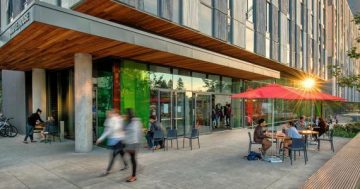
UBC is seeking input on proposed sites near Brock Hall, Gage Towers, and Peter A. Allard School of Law.
The University Boulevard area is in the midst of significant growth to meet needs of the university. To meet the demand for more student residences and address affordability, UBC is looking to add additional student and University housing into this central area of campus. A key focus of this process will be on proposed student housing sites in and around the Gage Towers.
Two phases of public consultation are planned. Phase 1 of the consultation will run from February 26 to March 18, 2018, and you will be able to review and comment on the details of the proposed projects through an online survey or two public open houses.
By domansky
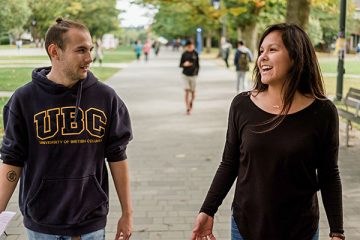
NITEP, UBC’s Indigenous Teacher Education Program, remains committed to increasing the number of Indigenous teachers throughout British Columbia. We recognize the need for community-based approaches that allow students to gain their teacher certification while remaining in their home communities and territories.
With support from the BC Ministry of Advanced Education, UBC’s Faculty of Education and NITEP will pilot our community-based teacher education program in the Williams Lake/Quesnel area delivering all four years of programming. Generally, students come to the UBC Vancouver campus in their 4th/5th year to complete their professional year of UBC’s Bachelor of Education Program. Through funding from the Ministry, students enrolled in NITEP at the Cariboo field centre will now have the opportunity to complete the full complement of the Faculty of Education’s BEd coursework and practica, with both a 2-week and a 10-week practicum as well as a 3-week Community Field Experience in non-formal education settings, in the Cariboo area.
There has been strong motivation by school and community partnerships with School District #27 (Cariboo – Chilcotin), School District #28 (Quesnel) and the Tsilhqot’in National Government to bring a field centre to the area. In addition, other education partners, including the First Nations Education Steering Committee (FNESC), the BC Teachers Federation, the Association of BC Deans of Education (ABCDE), and the BC Government have been working together to address the serious underrepresentation of Indigenous educators to the overall number of teachers in this province. The BC Government announcement can be viewed here.
NITEP is currently accepting applications for another student cohort in the Williams Lake and Quesnel area. Classes to begin in September 2018 for certification year in 2020. Please share our news with colleagues, alumni, and interested students. NITEP will be providing information sessions in the Cariboo area on February 22 (Williams Lake) and February 23 (Quesnel). For NITEP inquiries, please contact:
Dr. Jan Hare
Associate Dean, Indigenous Education
Director, NITEP
jan.hare@ubc.ca
Jessica La Rochelle
Assistant Director, NITEP
Manager, Indigenous Education
jessica.larochelle@ubc.ca
Wendy Clement
Coordinator, Cariboo Field Centre
wendy.clement@ubc.ca
By domansky
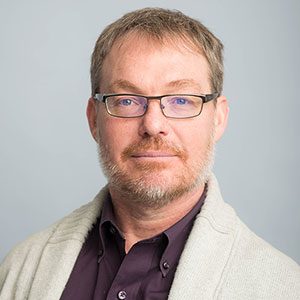
By: Jessica Vomiero
February 17, 2018
UBC professor and sustainability expert Dr. Robert VanWynsberghe was quoted in a Global story about the growing challenge of finding a city willing to host the Olympics.
“In combination with the cost, I think it’s just become onerous. And now, because they’re asking citizens what they think, we’re just seeing a large number of cities saying, ‘you know we asked people in the community and they said no,’” said VanWynsberghe.
Link to full text.
Story via UBC News.
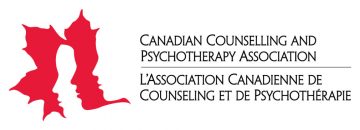
An article authored by Dr. Robinder P. Bedi, assistant professor in the Department of Educational and Counselling Psychology, and Special Education (ECPS) and four students (Courtney Young, Jaleh Davari, Karen Springer, Daniel Kane) entitled, “A Content Analysis of Gendered Research in the Canadian Journal of Counselling and Psychotherapy,” has been awarded the Canadian Counselling and Psychotherapy Association’s (CCPA) Biennial “Research or Professional Article Award.”
The Award presentation will take place May 12 during the CCPA 2018 Conference Banquet in Winnipeg, Manitoba.
An abstract for the article is available at: cjc-rcc.ucalgary.ca/cjc/index.php/rcc/article/view/2782.
By domansky
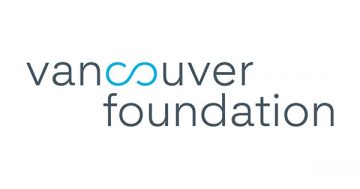
Starting in July 2018, Vancouver Foundation (VF) is enhancing the way it responds to community needs by evolving its current Field of Interest Grants to two new grant programs.
Will support research that is co-led by community members and researchers to learn more about the root causes of pressing issues impacting the health of communities. The research must be a collaboration between community organizations and institutions with access to an ethics board, such as universities. There will be two different grant types available under Participatory Action Research Grants, depending upon the stage of your project.
Will support projects that take action to address the root causes of pressing issues by influencing the behaviours of populations, organizations, and institutions. There will be three different grant types available, depending upon the stage of your project.
Applications for Systems Change Grants will still be accepted from any of VF’s previous fields of interest, and from any other charitable purpose as well.
Over the coming months VF will make several improvements to support grant applicants. New grant programs will provide clearer guidelines, more staff support, fewer documents to review, more predictable grant cycles, and a new online application process.
In the meantime, all current grantees will continue to receive funding according to their existing agreements.
Throughout the spring VF will provide further details on its website, host community workshops, and answer questions on the new grant programs.
VF will add more information to its website in May, and be open for applications in July 2018. VF will also publish updates regarding the new grant programs, as new information becomes available.
By domansky
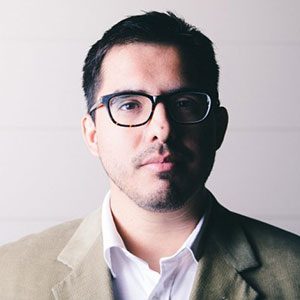
By: Bryan Warnick, Benjamin A. Johnson and Sam Rocha
February 15, 2018
United Press International published an op-ed from The Conversation about school shootings co-written by Sam Rocha, a UBC education professor, Bryan Warnick from Ohio State University, and Benjamin A. Johnson at Utah Valley University.
“Instead of trying to find solutions to school shootings in the dubious arms of security technologies, or even solely through more promising public policy, society should ask deeper questions about the nature of education and schooling in American society,” they wrote.
Link to full text.
Story via UBC News.
By eric lee
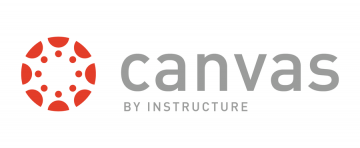
This is a short update on the LMS migration to Canvas and another invitation for those who are interested in having their courses in the new platform.
The migration is progressing according to plan with very little issues and almost no difficulties. The most frequent feedback that we hear is that users find Canvas easy to navigate and manage. The process is still partially manual which requires an extra work from ETS and IT, but we are collaborating well and have great support from CTLT and IT.
This term, there are about 70 fully online sections and about 30 classroom sections running in Canvas. We are already migrating courses for summer and working individually with those who are teaching fully online.
This is an invitation for those of you who are teaching classroom courses in summer to fill out our form for your course(s) to be migrated to Canvas. Only the courses offered as part of the Teacher Education Program (TEP) will NOT be migrated now. TEP will move to Canvas in September 2018, starting a new academic year in a new environment.
If you need a non-credit course shell, please submit your request online.
Canvas training will be provided in different formats as in previous terms. We will start advertising our orientation sessions, drop-ins and consultations at the beginning of March. Please let us know about your courses as soon as possible. That will help us a lot with the workload of our small team. If you have any questions regarding the process, please don’t hesitate to contact ETS.
If you have any questions about Canvas and/or Canvas migration, please contact ETS by email at ets.educ@ubc.ca or by phone at 604-822-6333.